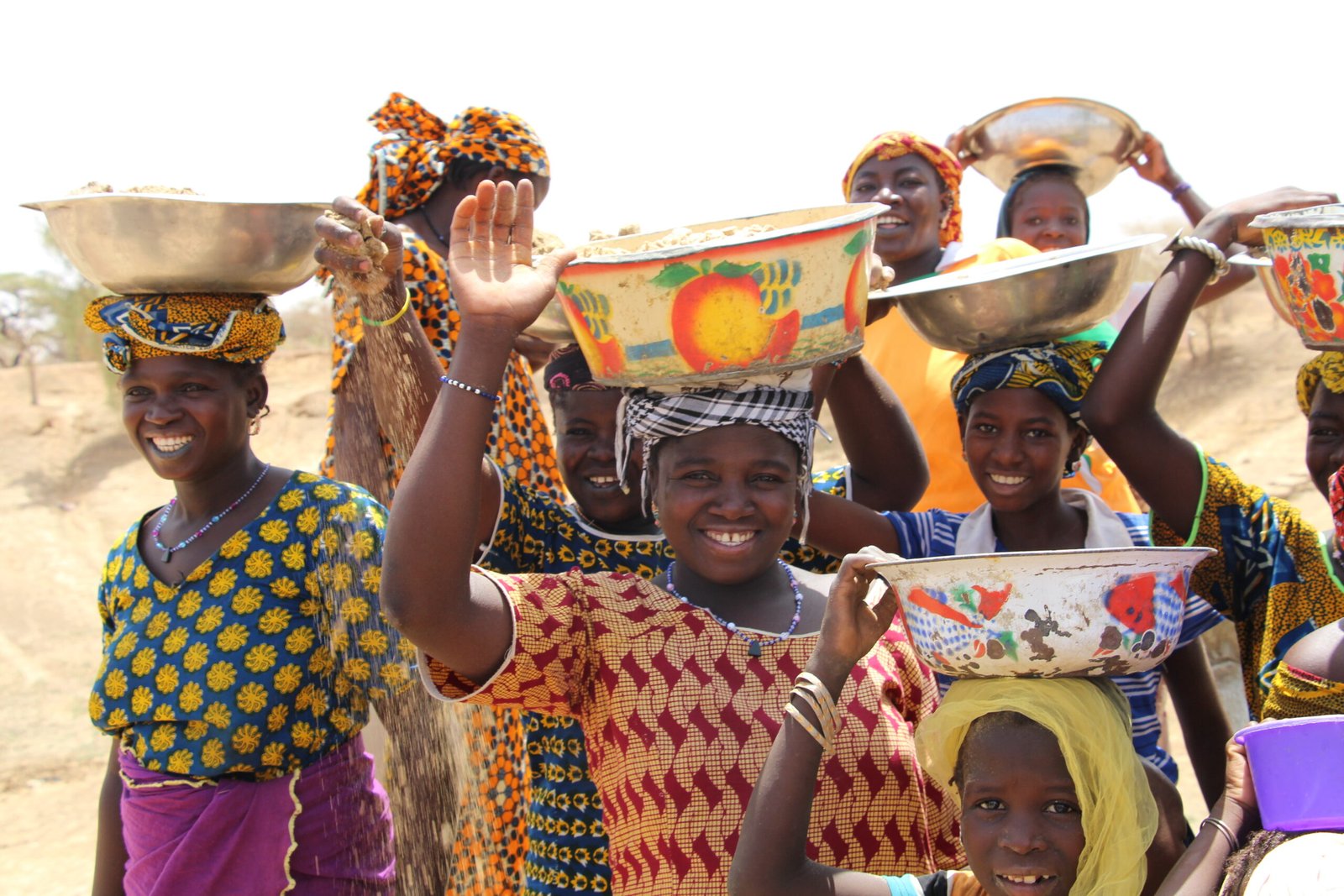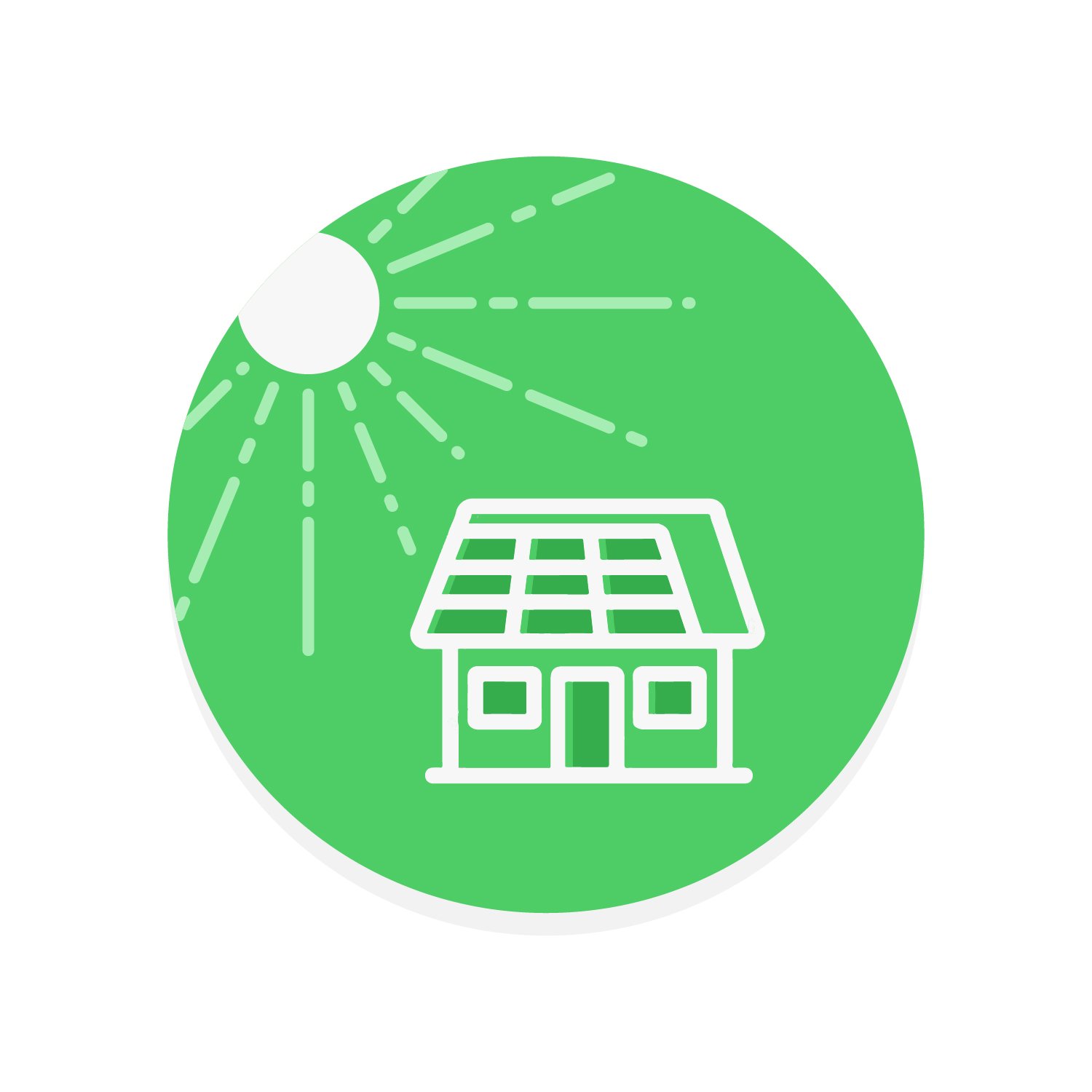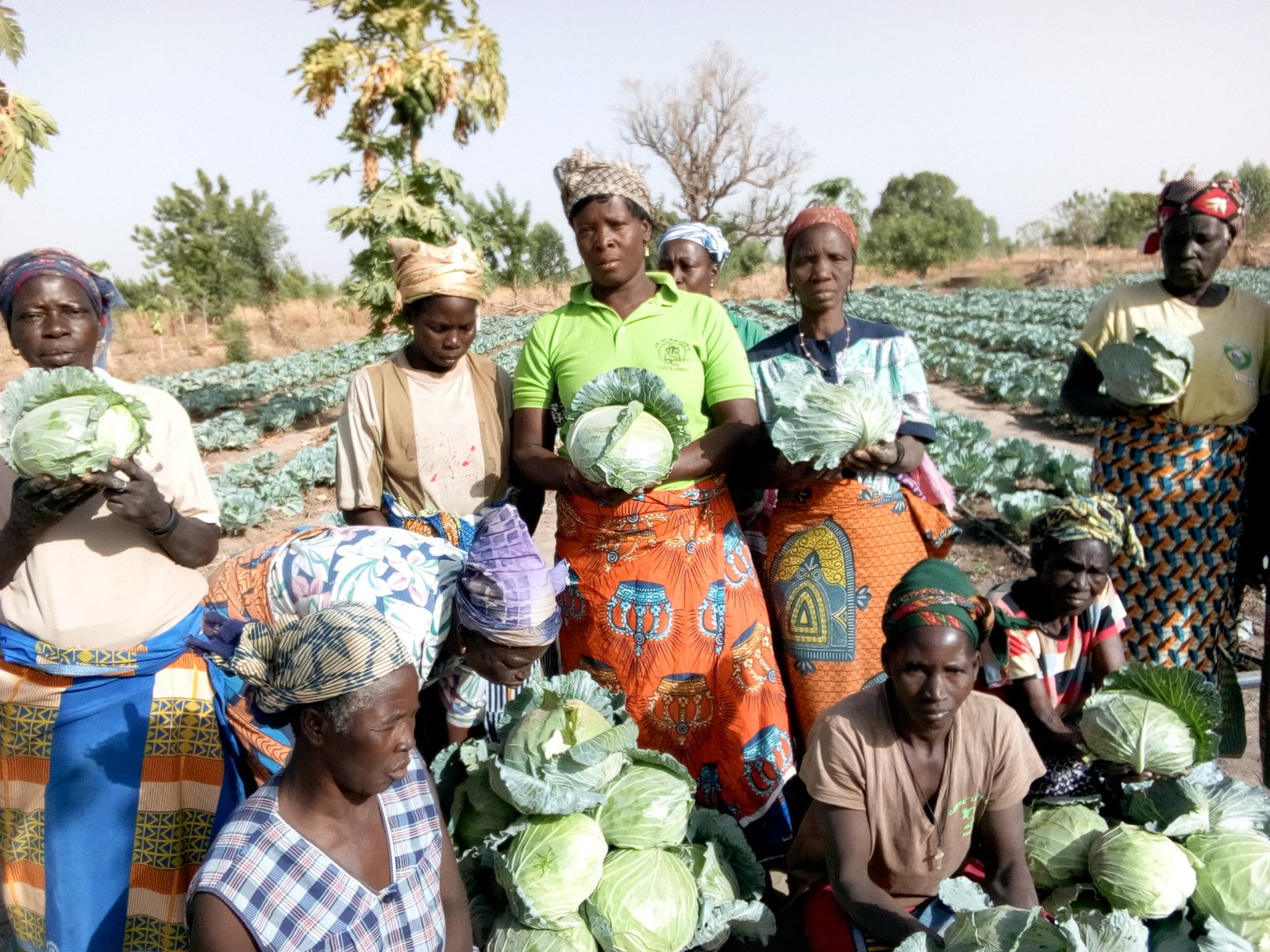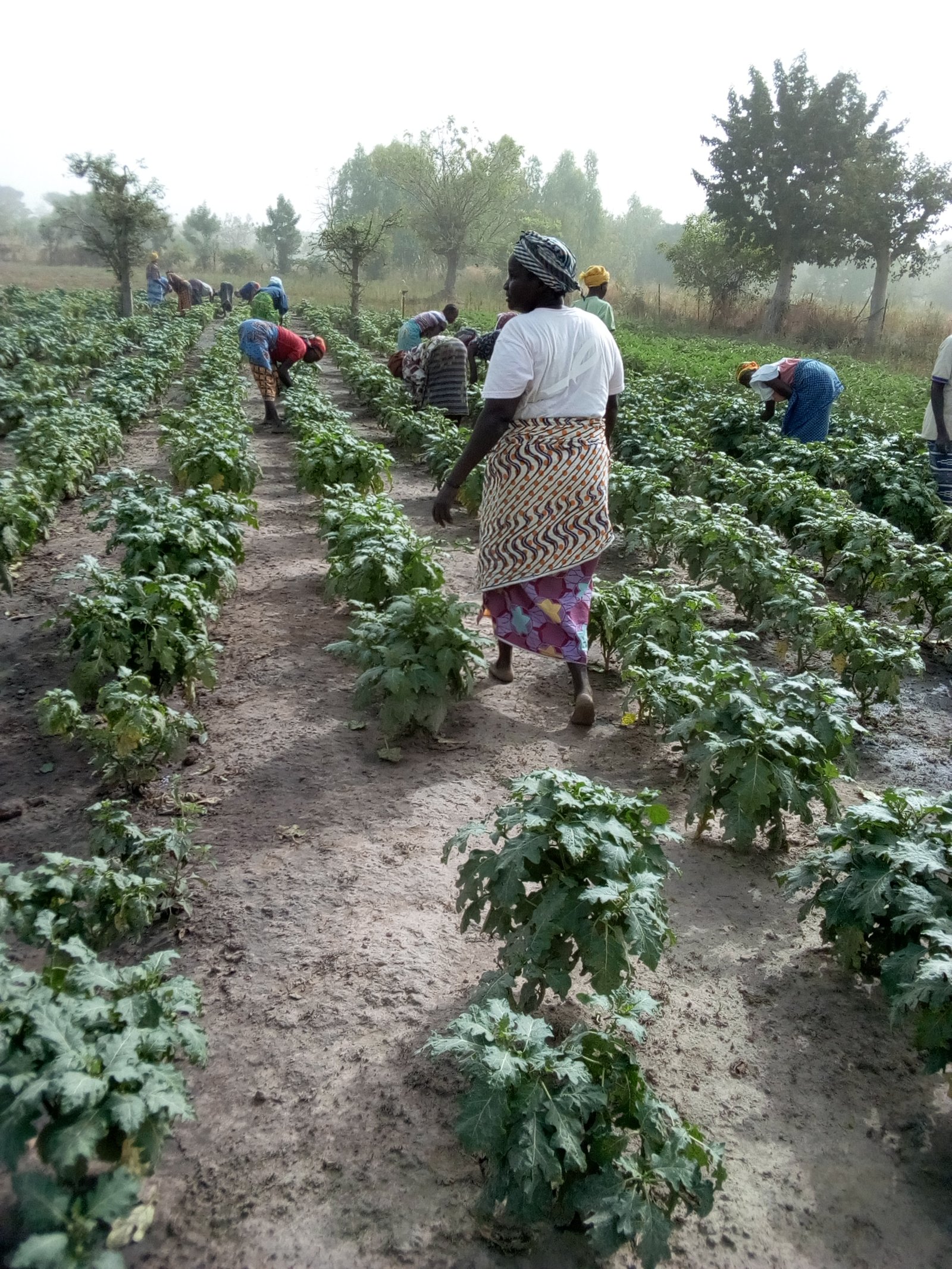Community Building Group
Our mission is to help improve access to water, solar energy, and affordable houses
35 Years
Community Building Group: Created on August 11, 1989
300K+
People impacted
women and children
Where
Community Building Group is present in USA and West Africa

Helping Communities with Water and Solar Energy
Community Building Group is a non-profit organization devoted to secure water and energy for transformative livelihood and socio-economic development.
Our work focus on helping communities with access to water, solar energy, and affordable houses. We empower the communities and build their capacity to ensure a sustainable socio-economic development in all our projects.
Why Communities?
Community Building Group approach focus mainly on local people as the heart of all our projects from the conception to the completion. Local communities actively participate in all the decision-making process, including the conception phase, design, and construction. In addition, we empower their capacity to ensure projects sustainability.
Why Water?
In many places in the world, water is the most needed commodity for livelihood and socio-economic development. In our project pipelines, we build a rainwater catchment basin for village residents that harvest and store runoff water. We help communities with clean water, and sanitation services, solar power irrigation system.
Why Energy?
Many areas in the Sahel region do not have access to electricity, which has exacerbated the problem of access to water and sanitation, and limited people ability to a range of useful development services and economic opportunities. There is no immediate prospect of being connected to the grid. Therefore, we provide solar energy power for village residents, rural schools and rural health care center.
Why Housing?
Community Building Group has devoted its work on affordable housing development for low incomes communities in Maryland, Washington DC, since August 11, 1989. The mixed incoming housing development is an extremely important goal of our program mostly in the United States that creates stability for low-income families, reduces poverty.




Communities are in control of their system.

Water Infrastructures
Rainfall catchments is a vital water infrastructure for livelihood and economic development.
Small scale Irrigation System
Small scale irrigation is an important activity to sustain livelihood and reduce poverty.
With your help
We have funded rainwater catchment basins construction to collect and store runoff water during the rainy season for farming and domestic use.
Securing water


Communities control their projects
We engage the communities in every single step from the beginning to the end of every project. Village residents including elders, men, women, young people, local engineers, and authorities work together to make it happens.



